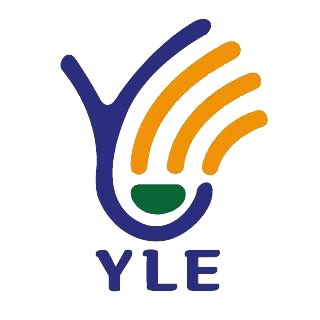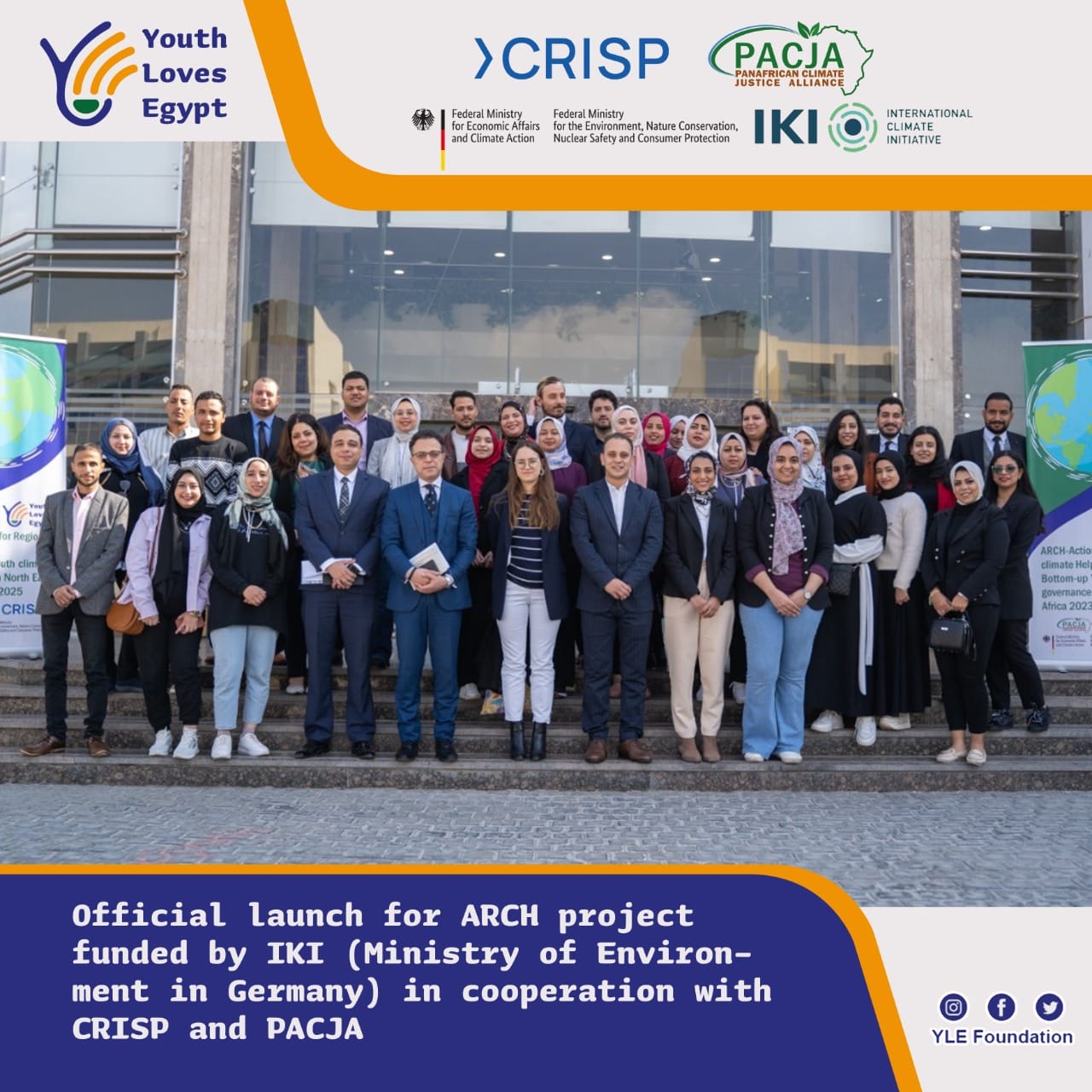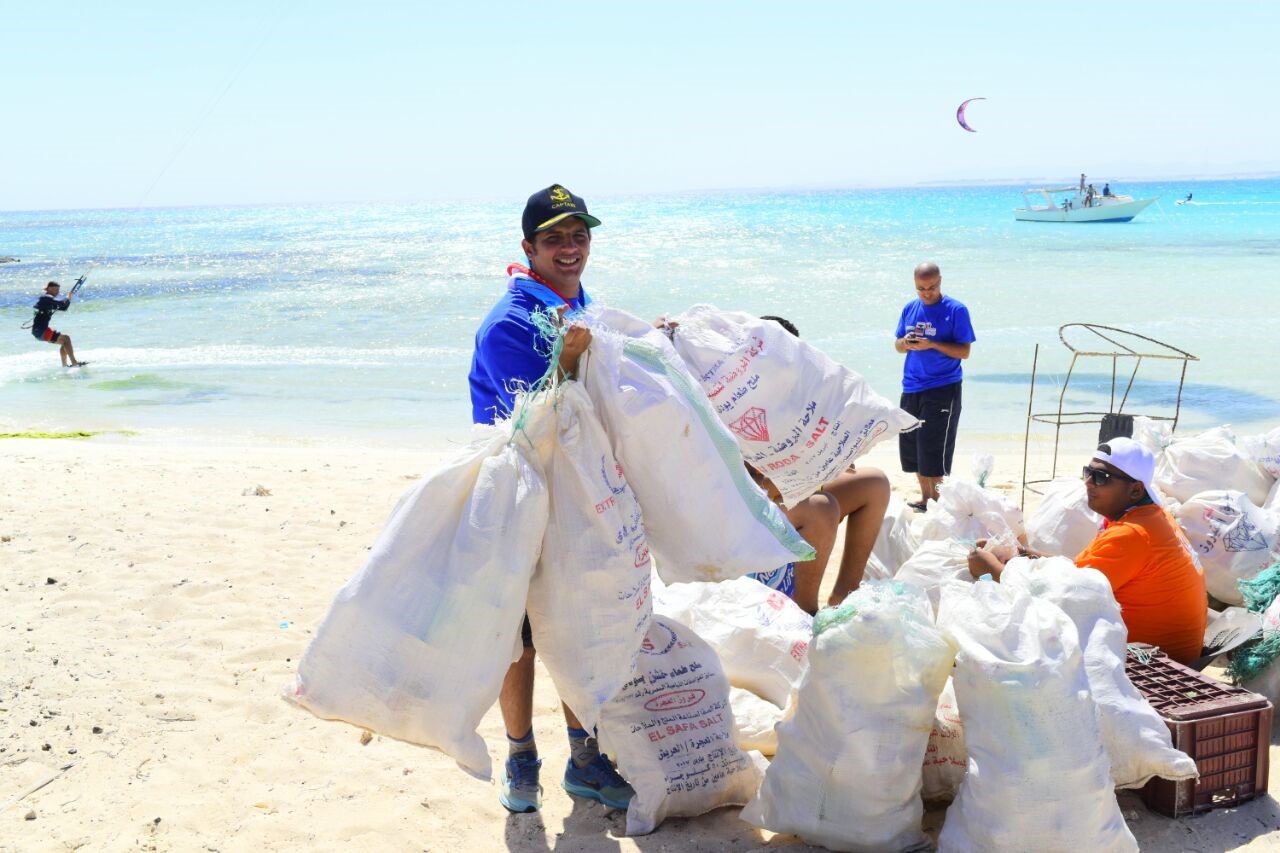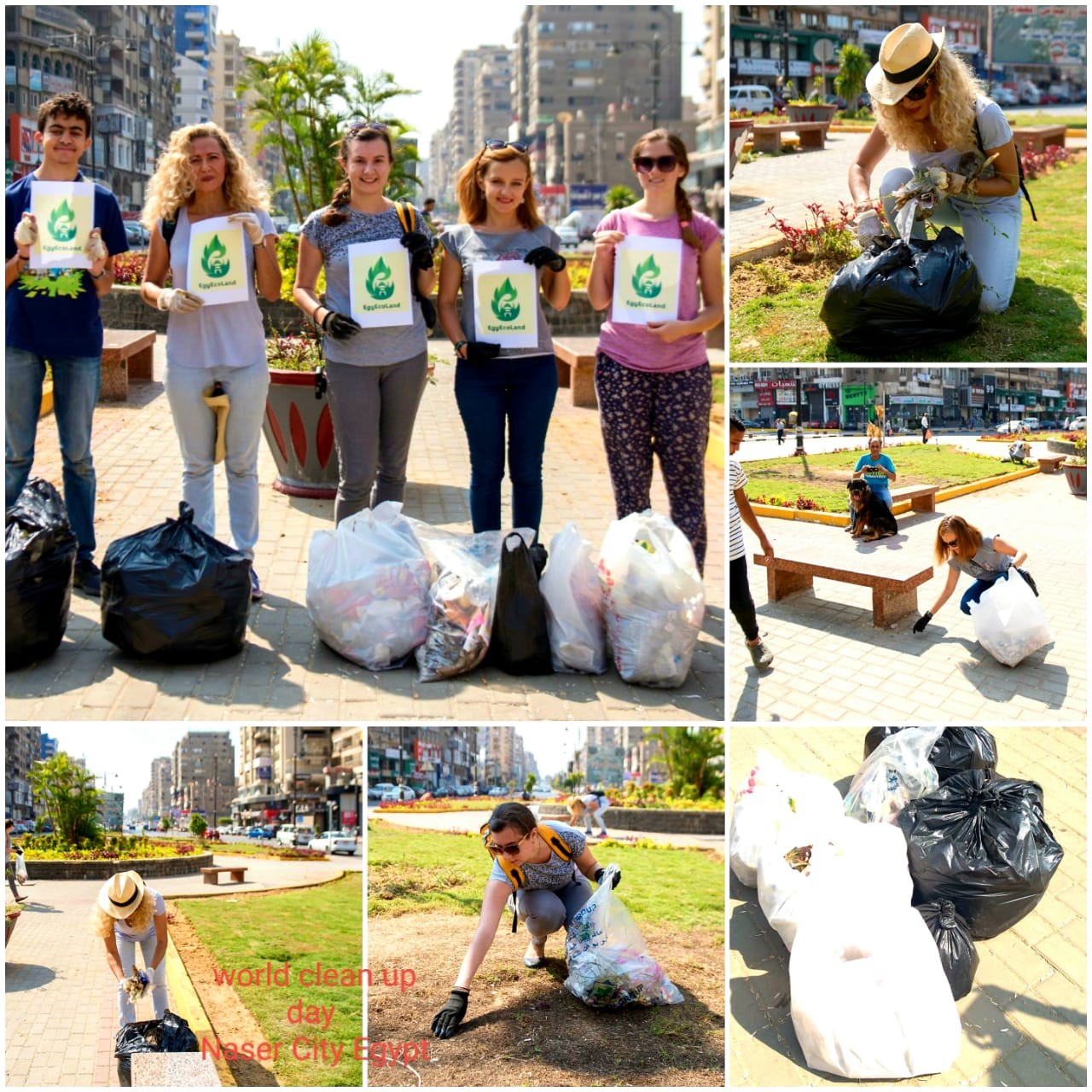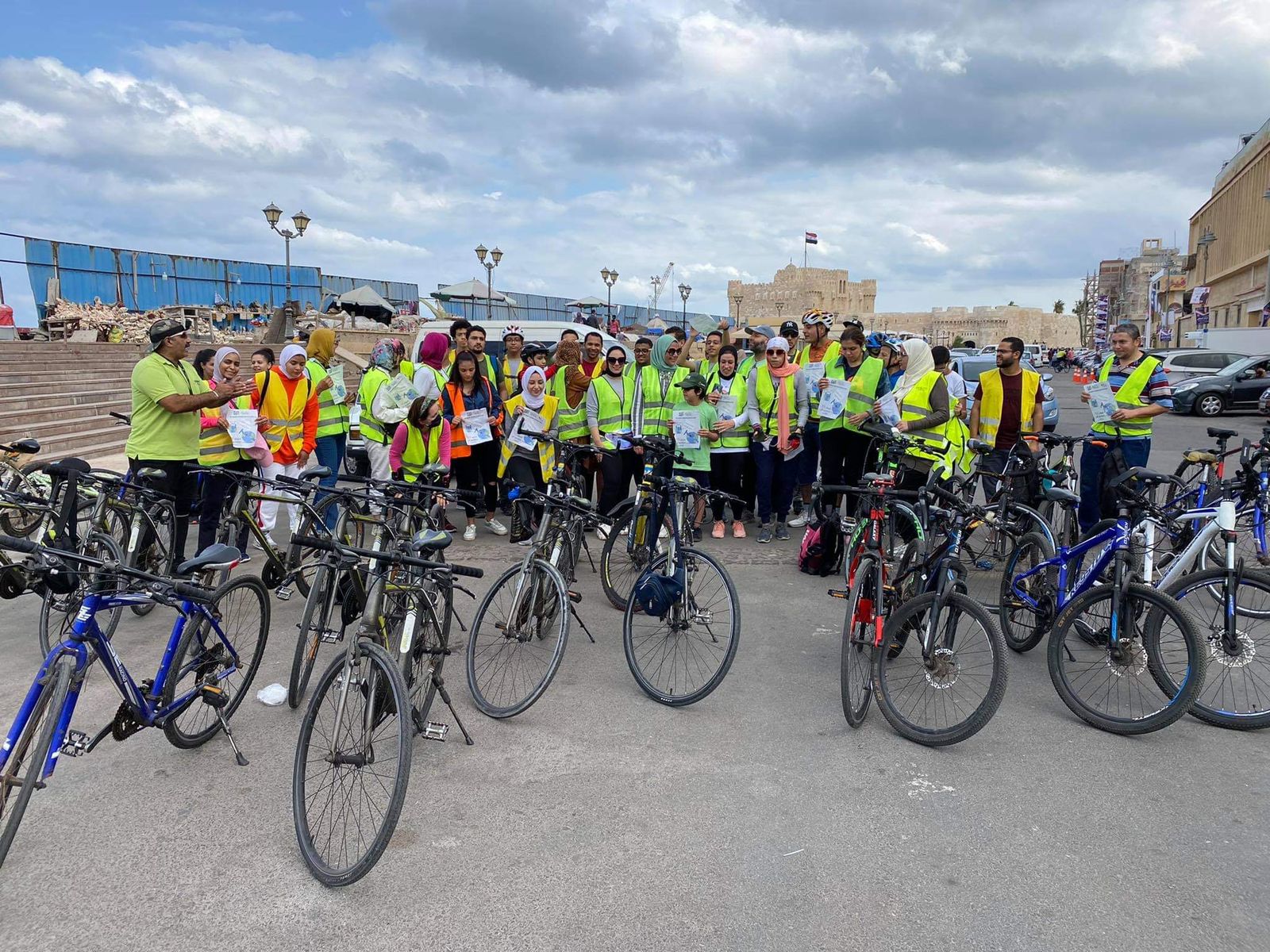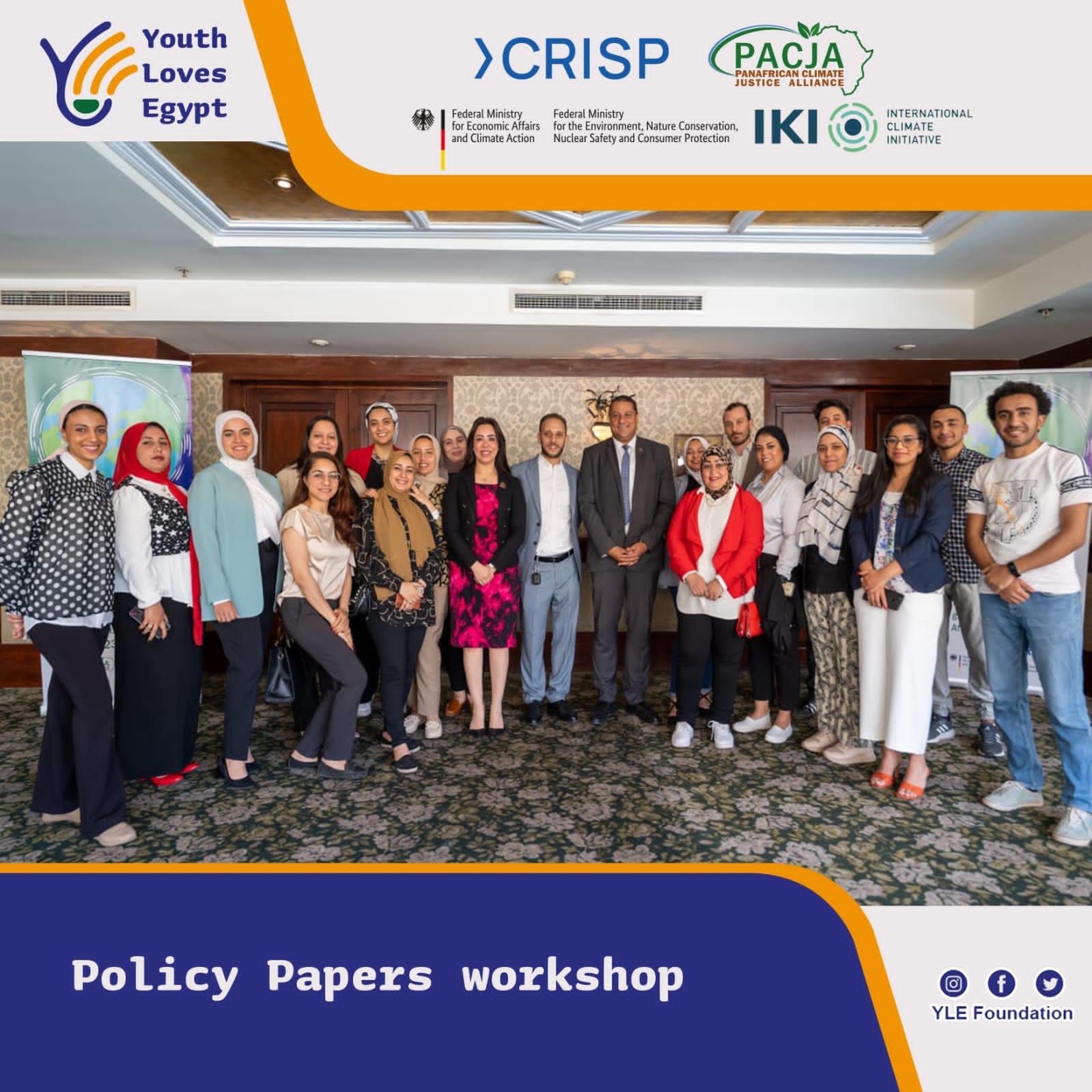"Youth Love Egypt" Foundation launches the first phase of the program "Building the Capacity of Civil Society Institutions in the Field of Climate Change - Action for Regional climate Help ARCH project ".
The YLE Foundation launched the first phase of the “Capacity Building of Civil Society Organizations in the field of climate change” program, under the title “Awareness… the first phase of change” which will last for 5 days.
the program is implementing in partnership with and the support of CRISP and the Pan-African Alliance for Climate Justice (PACJA) and funding from the German Ministry of Environment from 2023-2025.
The program witnessed introductory activities for networking and enhancing cooperation between the various civil society institutions, represented by attendance with the aim of paving the way for learning and achieving change, in addition to an introductory lecture on policies and international agreements on climate from 1972 to the present day, as well as the role of the Summit of States Parties, the UNFCCC and binding laws and policies.
The lectures covered the applied side on Egypt, referring to the agreements included in it within the framework of the 2030 and 2050 plans, and then the role of civil society in implementing those commitments and pledges. The discussion moved to the most important projects that were implemented in Egypt within the framework of the sustainable development file.
The launch of the project was witnessed by the presence of a number of German embassy officials, Lorena Mohr, Director of the Science Department at the German Embassy, and from the Egyptian Ministry of Foreign Affairs, Mr. Ambassador Mohamed El Gamal, Deputy Director of the Department of Environment and Climate Change and Diplomatic Attache Ahmed Amir, to listen to some successful examples of projects of civil society institutions participating in the training. The process of evaluation and exchange of experiences, and how to develop these models to suit different societies. The day was conculded with the concepts of climate justice and advocacy and how to formulate the success stories of these organizations in public policy papers.
